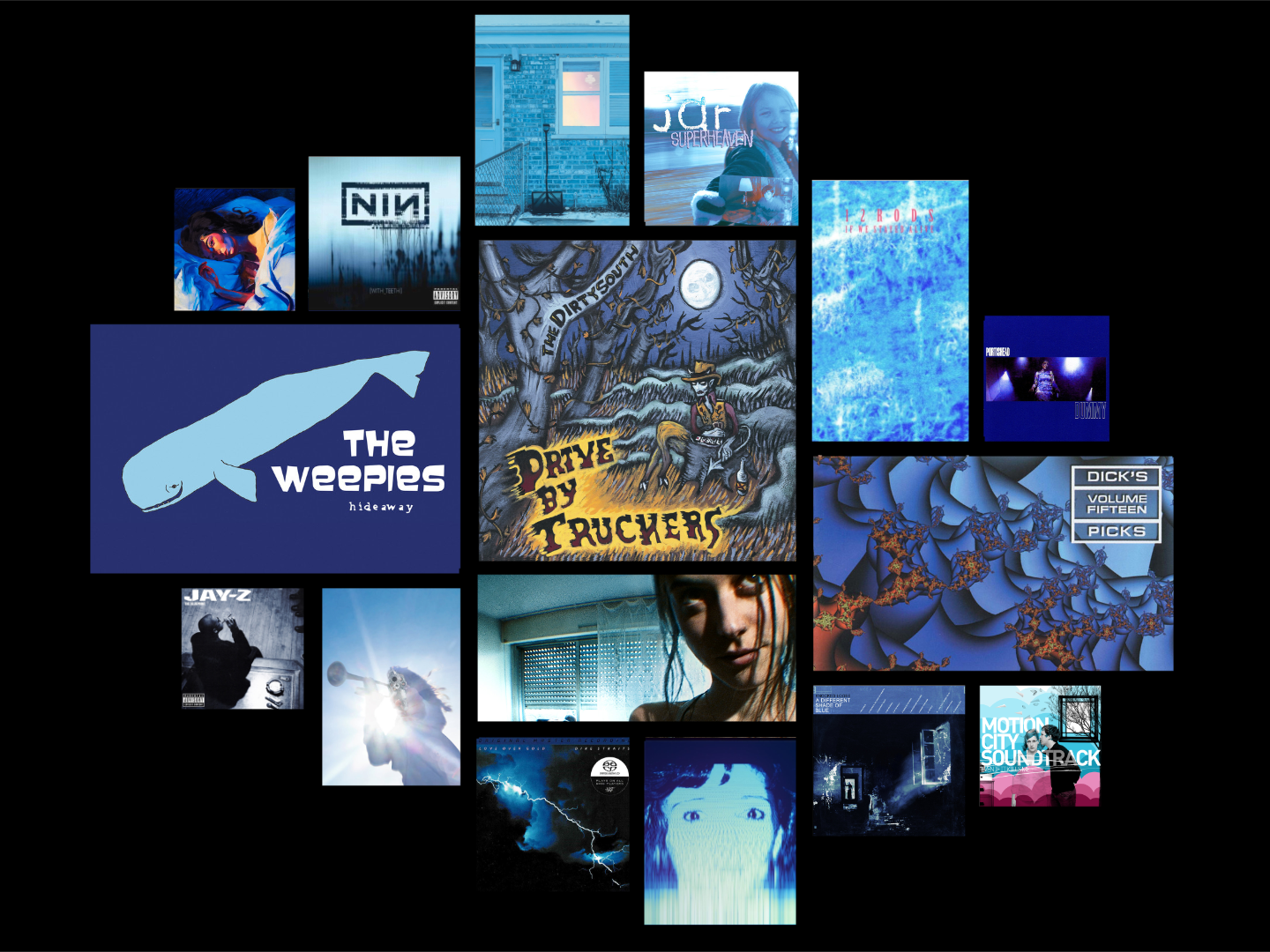Abel – Dizzy Spell | Album Review
/Candlepin Records + Julia’s War
Hailing from Columbus, OH, up-and-coming punk band Abel make what they describe as “loud guitar music for quiet people.” True to their word, their new record, Dizzy Spell, delivers songs that are always noisy and sincere, never slick. The music video for the album’s lead single is full of dirt biking and fireworks after dark, creating a vibe that is both small-town America and post-apocalyptic science fiction alike. The video is a good metonym for the energy of Dizzy Spell as a whole; it can be explosive like a Roman candle or quietly eerie, like the sensation of standing alone in a field at nightfall.
The group’s new record strikes upon the central challenge of being a shoegaze band in a growing enclave of similar sounds. Carving out a space in the crowded thicket of the shoegaze scene is intimidating, and Abel has their work cut out for them. At the outset of the record, “Dust II” sounds like My Bloody Valentine mixed with razor wire; I jotted down “swerving car vibes” in my notes on my first listen.
But Abel’s sound is fully displayed on “Rut,” with sound waves gushing and flushing. It is uptempo, with a surprising summery shimmer and one hell of a guitar solo. While slightly reminiscent of other contemporary shoegaze bands (e.g., Wednesday and Hotline TNT), Abel distinguishes themselves with fiercely honest lyrics and a gritty lo-fi sound. The jangles reach discordant new depths on “Hexed,” yet there are no false notes; the previously present tightness relaxes, and the chorusing voices sound almost fugue-like. There is a sweet nostalgia to many of the songs; “Occupied” gave me a sudden flashback to watching bands playing in basement shows put on my college radio station, with dizzy forays into guitar fuzz.
“We All Go To Heaven” features a crunchy riff, delicious! In a moment, it becomes suddenly spare, but still fuzzy. The lyrics are scarcely audible over the glare, but they carry words of quiet despair. And here, we begin to see a sharper, sadder edge to the album. With a feature from fellow Columbus band Villagerrr on “Placebo,” the band sings about the agony of home: “My sister can’t call me anymore / She hates that I live so far away / But I can’t live if I don’t stay away.”
The feelings of frustrated youthfulness culminate in the album’s apocalyptic closer, “Wanna,” parsing the pain of living and dying with an almost adolescent intensity. This song, and the record as a whole, hits upon a surprisingly tender final note; “I’ll walk across the country / to make you feel loved again.” It requires a certain moral courage to confront the fear of death and a boldness to be honest about it. Abel, with gutsy musical drive mixed with Midwestern sincerity, shows both and closes the album perfectly.
Elizabeth is a writer from Northern Nevada.





